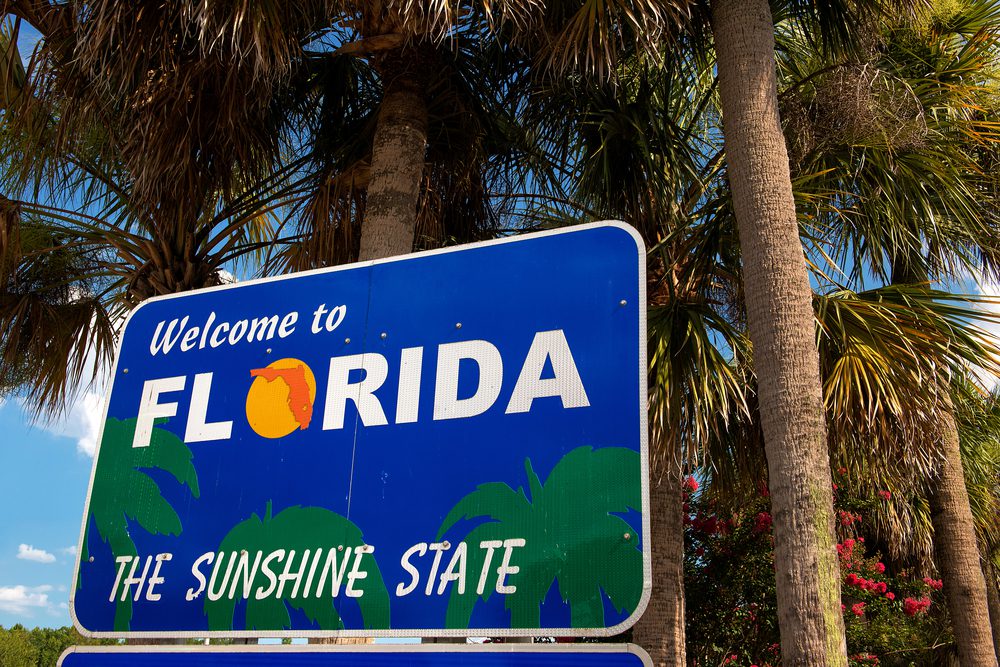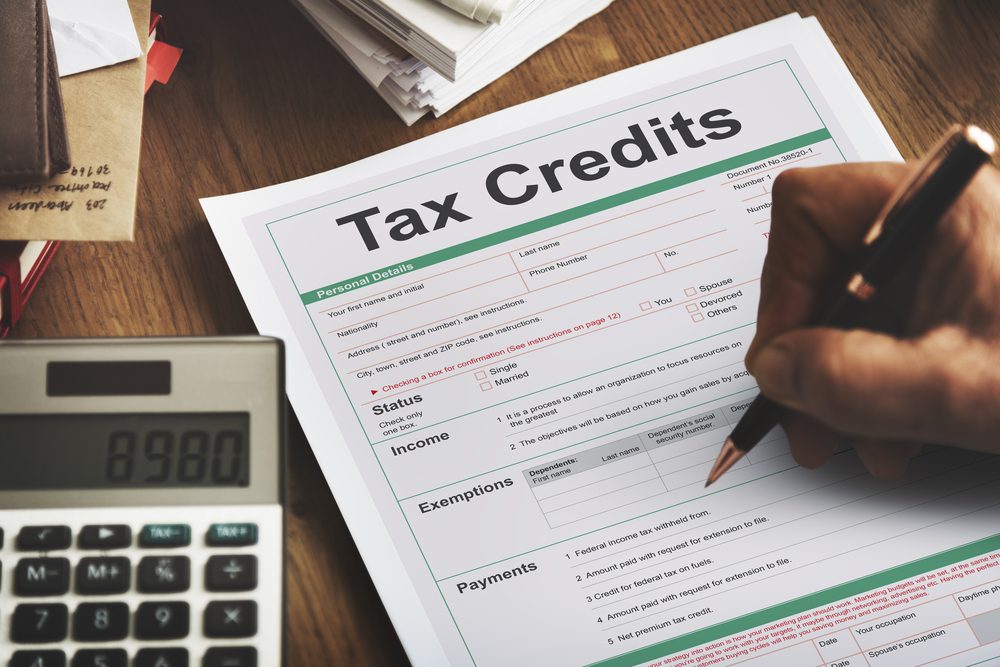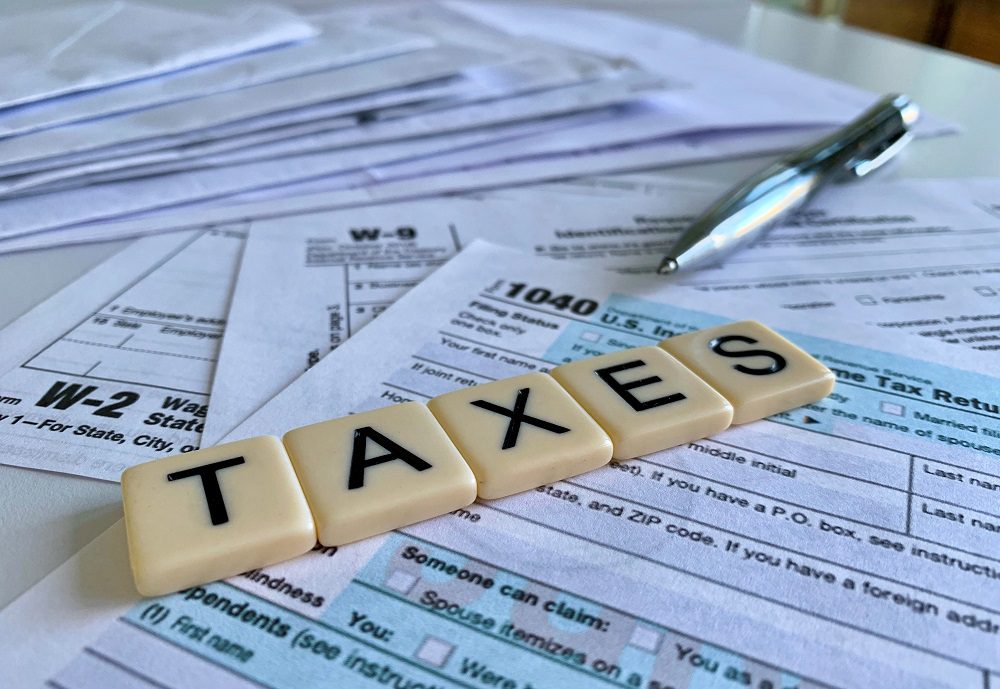
Florida is one of the most tax-friendly states in the country. The main reason for that is that the Sunshine State doesn’t levy a state income tax. Basically, the state government largely funds its operations through sales taxes, fees, and revenue from the federal government.
While in Florida there’s no state income tax, it’s worth mentioning that the state does tax corporate profits. Therefore, if you own a company that’s based in Florida, you may have to pay some taxes to the state government.
Whether you’re already living in Florida or considering a move there, there are some things you should know about state taxes there. Let’s get started!









